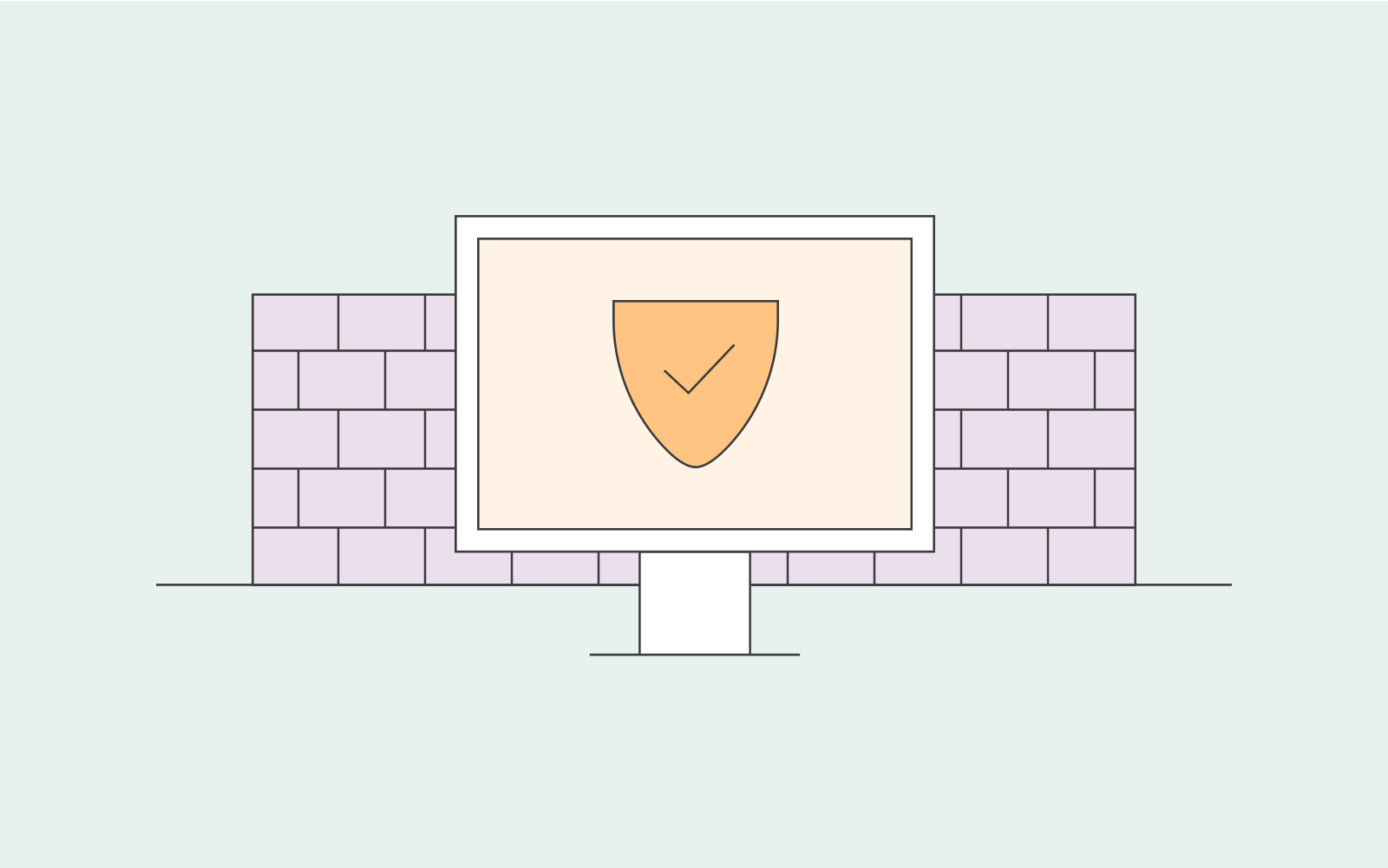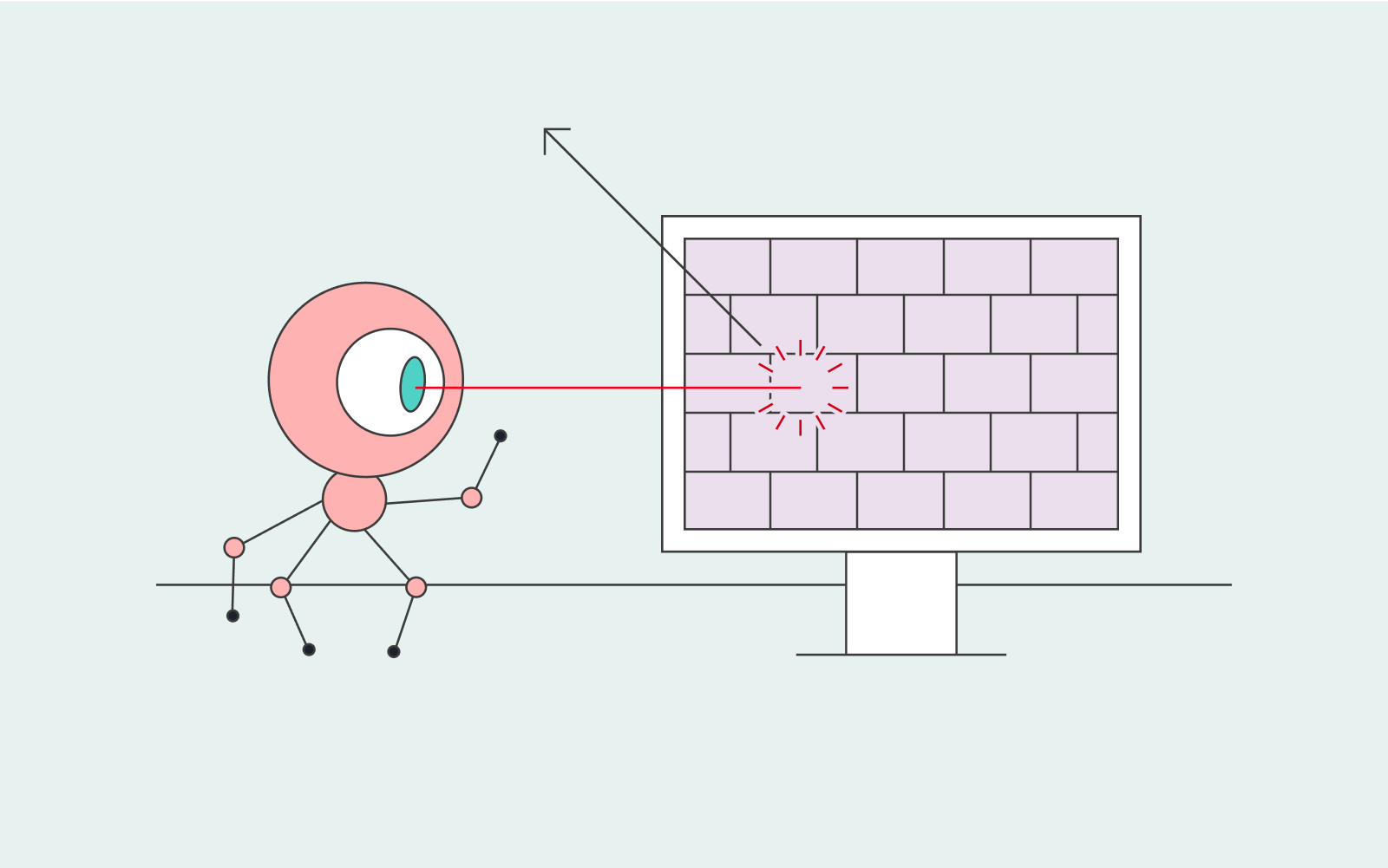What is a firewall in a computer?
Find out the importance of firewalls
Brief Summary
A firewall is a security device for your network. It helps to block unwanted or harmful traffic from entering or leaving your system, keeping it safe from potential threats.
A firewall is a system that is designed to protect your private network from unauthorised access. The firewall does so by filtering the information that comes in from the internet. With the information the firewall has available, it blocks unauthorised access and allows authorised access. So basically, the firewall is just like a literal firewall; it blocks and protects your private network from unauthorised access, also known as the public internet.
Why do I need a firewall?
A firewall is needed because the internet is full of hackers and malicious traffic that wants access to your private network to cause harm. A firewall’s main job is to prevent hackers and malicious traffic from entering your private network, protecting your private network from viruses and malware.
A firewall is especially important in a large organisation with many computers. You don’t want all your computers and servers to be vulnerable to hackers and accessible to everyone on the internet.

How does a firewall work?
A firewall in a computer works the same way as a firewall works in a building structure. In a building structure, the firewall provides a barrier. In the unfortunate case of a fire, the firewall can contain the fire to prevent the fire from spreading and enables people to escape quickly.
A network firewall works similarly in that it stops harmful activities before they can spread to the other side of the firewall and cause harm to private networks. Therefore, a network firewall is essential to keep your network safe.
A firewall typically has an access control list to determine what type of data can access the network and what type of data should be blocked. The firewall works by filtering the incoming network data by looking at IP address, Protocol, Destination, Domain names, Keywords, Port, etc. Based on this, either allows or denies permission.
The network administrator determines and customises these rules. Thus, as a network administrator, you can decide which port numbers can access the network and which cannot.

Different network firewalls
There are different network firewalls.
You can have a host-based firewall which is a software firewall. This firewall can be installed on your computer and will only protect the computer it’s been installed on.
Many antivirus programs will provide you not only with virus protection but also a built-in firewall.
You can also have a network-based firewall. A network-based firewall is a combination of hardware and software. The firewall is placed between a private network and the public internet. Unlike the host-based firewall above, this network-based firewall will protect the entire network by setting a list of management rules. Thus, any harmful activity can be detected and stopped before reaching the computers. Large organisations typically use Network-based firewalls.
Many organisations will use both types of firewalls. The network-based firewall protects the entire network, and a host-based firewall protects the individual computers, ensuring maximum protection. If harmful data passes the network-based firewall, the host-based firewall can stop it.
